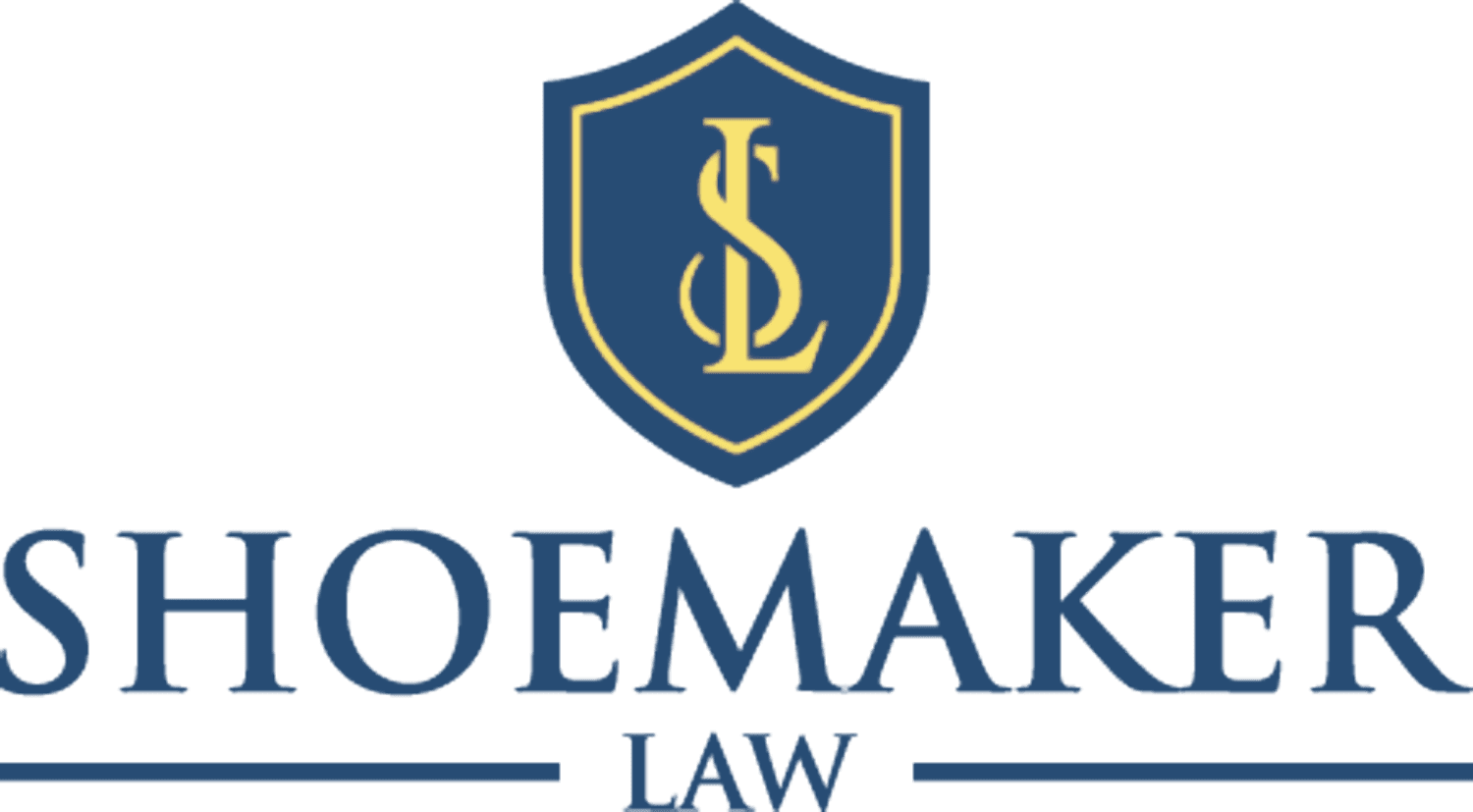Understanding the various types of defenses available when facing criminal charges is crucial. A solid defense strategy can make or break the outcome of your case.
In this blog post, we’ll explore some common types of criminal defenses to provide some insight into the legal options available for those facing criminal charges. Remember, consulting with an experienced attorney is essential to navigate the complexities of the legal system and build a robust defense tailored to your specific situation.
1. Affirmative Defenses:
Affirmative defenses involve admitting to the act but presenting additional facts that excuse or justify the conduct. Common examples include self-defense, necessity, duress, and insanity. These defenses aim to provide a valid reason for the defendant’s actions, thus, positively affecting the outcome of their trial.
2. Alibi:
An alibi defense asserts that the accused was not present at the scene of the crime when it occurred. This defense often relies on evidence such as witness testimonies, surveillance footage, or electronic records to prove the defendant’s absence.
3. Insanity Defense:
The insanity defense argues that the defendant was not mentally competent at the time of the crime. This defense requires expert testimony and a thorough examination of the defendant’s mental state during the alleged criminal act. Depending on which state the defendant lives in, this could be established through one of four tests: M’Naghten Rule test, Durham Rule test, irresistible impulse test, or the Model Penal Code.
4. Entrapment:
Entrapment occurs when law enforcement induces an individual to commit a crime they would not have otherwise committed. To use this defense, the defendant must prove that they were coerced or misled by law enforcement.
5. Self-Defense:
Self-defense asserts that the defendant used force to protect themselves from imminent harm. The key is proving that the force used was proportionate (same level or less) to the threat faced. Crucial elements to this defense usually include the immediacy of the threat, the proportionality of the response, and the genuine belief in the need for self-defense.
6. Duress:
Duress is a defense that claims the defendant committed the crime under threat of imminent harm or death. To use this defense, the accused must demonstrate a genuine fear for their safety that led to the criminal act. This defense is similar to self-defense, but requires that the defendant had no other choice than to resort to the act.
7. Statute of Limitations:
Some crimes have a statute of limitations, meaning there is a specific time limit within which legal proceedings must be initiated. If the prosecution exceeds this time limit, the defendant may use the statute of limitations as a defense.
For example, in certain states, the time limit to sue for medical malpractice is two years, so if that deadline is passed by even one day, a lawsuit is no longer a possibility.
8. Illegal Search and Seizure:
The Fourth Amendment protects individuals from unreasonable searches and seizures. If evidence was obtained unlawfully, an attorney may file a motion to suppress, arguing that the evidence should be excluded from the trial.
9. Mistaken Identity:
Mistaken identity is a defense asserting that the accused is not the person who committed the crime. This defense often relies on alibi evidence, witness testimony, or forensic evidence to establish the defendant’s innocence.
10. Lack of Evidence:
A straightforward defense involves challenging the prosecution’s case by highlighting the lack of evidence supporting the charges. This may involve questioning witness credibility, challenging forensic evidence, or demonstrating weak investigative procedures.
The Importance of Legal Representation
While understanding these defenses is valuable, it’s essential to stress the significance of having knowledgeable legal representation. An experienced criminal defense attorney like those at Shoemaker Law in St. Augustine can assess the details of your case, determine the most effective defense strategy, and advocate on your behalf.
If you or someone you know is facing criminal charges, don’t navigate the legal system alone. Contact Shoemaker Law at 904-872-SHOE for a confidential consultation to discuss your case and explore your legal options.
Image from Pexels.com
